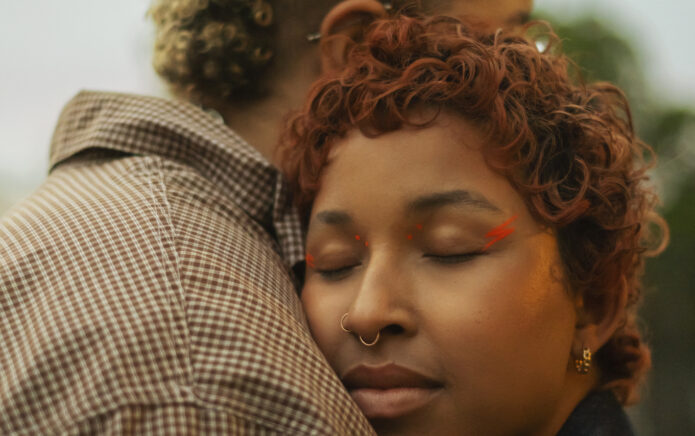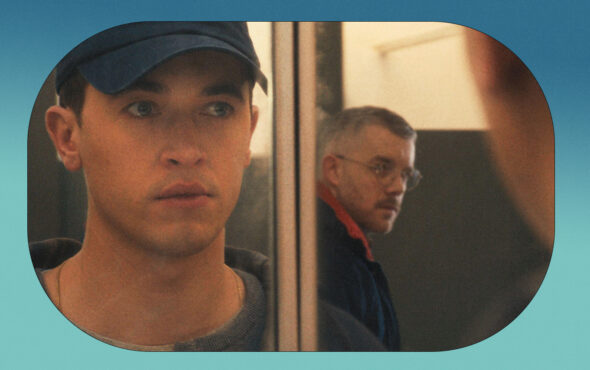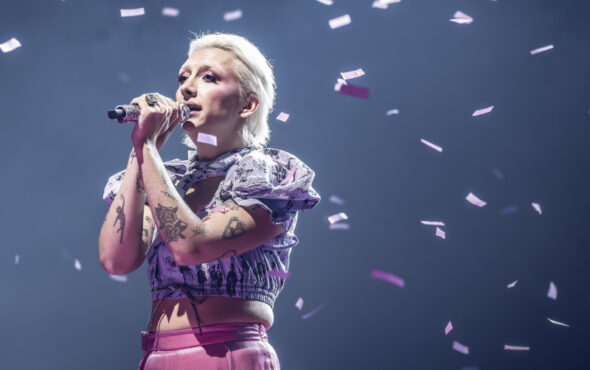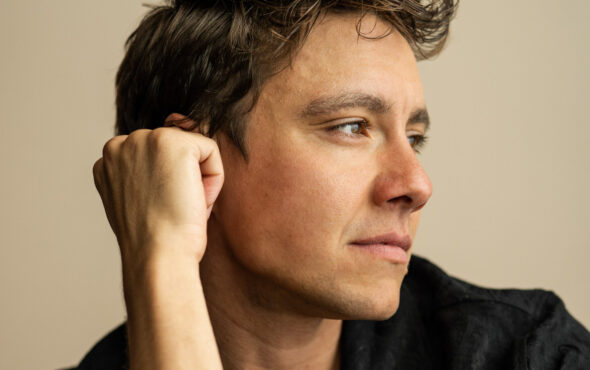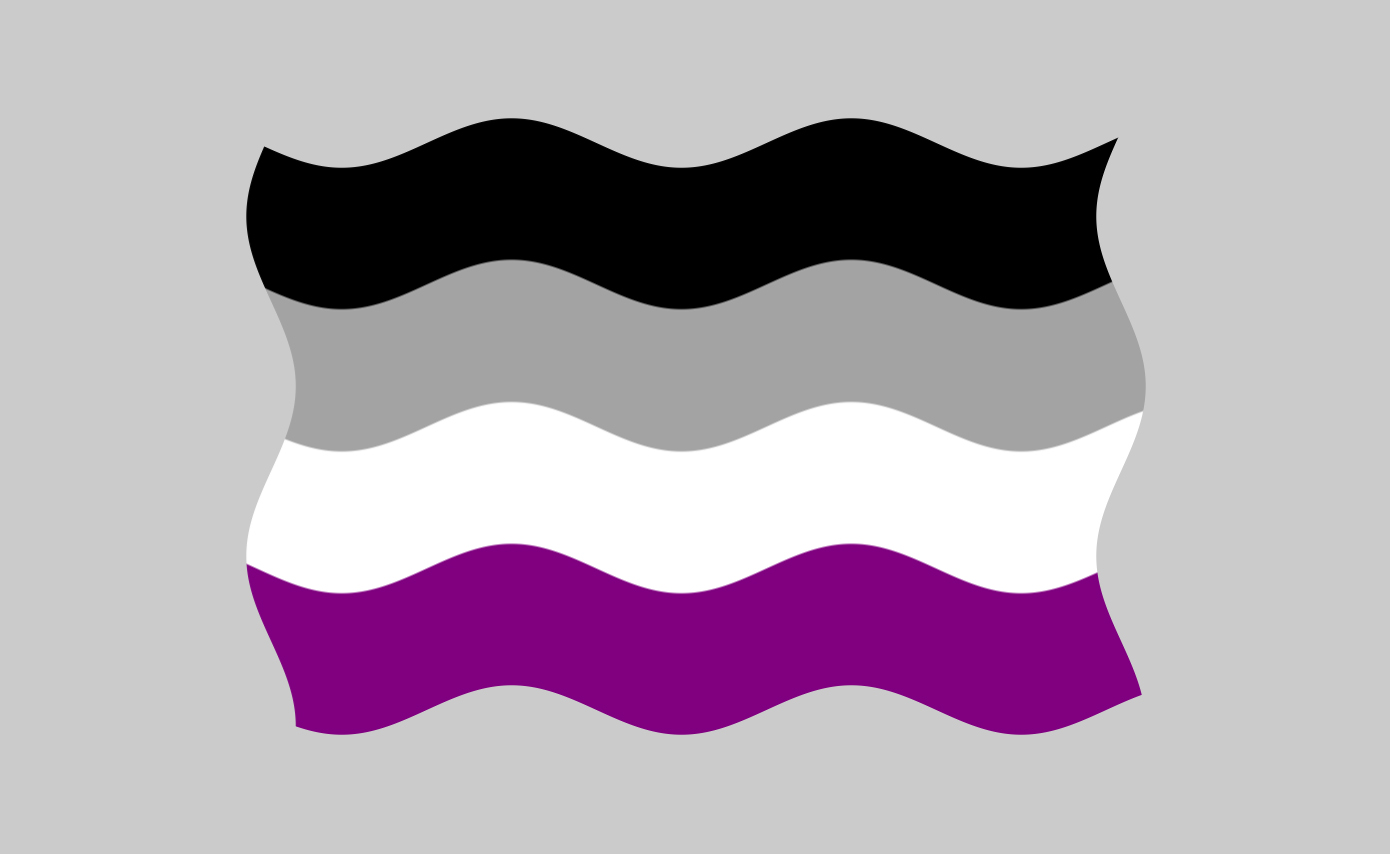
I’m Monty, I’m 21 and last year, just after Ace Week, I started using asexual as a label.
I wanted to try the word out for myself, staying consciously open to the thought that I would likely change my label again. I thought I would quickly realise it wasn’t the right word for me.
I was not prepared for the intense, immediate relief I felt in that label. Apparently, I had tried very hard my whole life not to be asexual.
When the topic of crushes first came up as a teenager, I was sure we were all just trying to be more grown-up. Everybody else faked, and then so did I.
I picked a person, someone people had made comments about for me anyways, and tried to make myself feel all the emotions I’d read about. I faked the shyness, excitement and then jealousy when they started to go out with someone else, trying to dislike the person they were going out with.
But as we got older, “I don’t have a crush on anyone” seemed to be an even more glaringly unacceptable response. And maybe it was me, maybe I just didn’t understand what a crush entailed. No one ever explained it, so I’ve probably had crushes all along and just couldn’t decipher them as such.
And so I reflected on all my past relationships (all platonic), and the close friendships I had had that ended and became retrospective crushes. I was sure, next time I got a crush, I’d know.
Then a very close friend told me they had a crush on me. I didn’t know what to answer – we hung up the phone and I was shaking. I knew they meant a lot to me. I knew I didn’t want to lose them, I was very scared that I might. The thought that they might want to kiss me made me shudder, a friend laughed at my innocence but I could barely say it aloud.
My brain couldn’t comprehend more than that. So probably not a crush back, then.
The situation resolved itself and, for a few months, my mind wandered away from any stresses about crushes.
Looking back, everything makes so much sense. Writing it now, it seems ridiculous that I ever thought I could be anything other than asexual.
But for most of my time growing up, I didn’t know asexual was something I could be. It wasn’t a word I knew, an option I was given, or had ever seen represented.
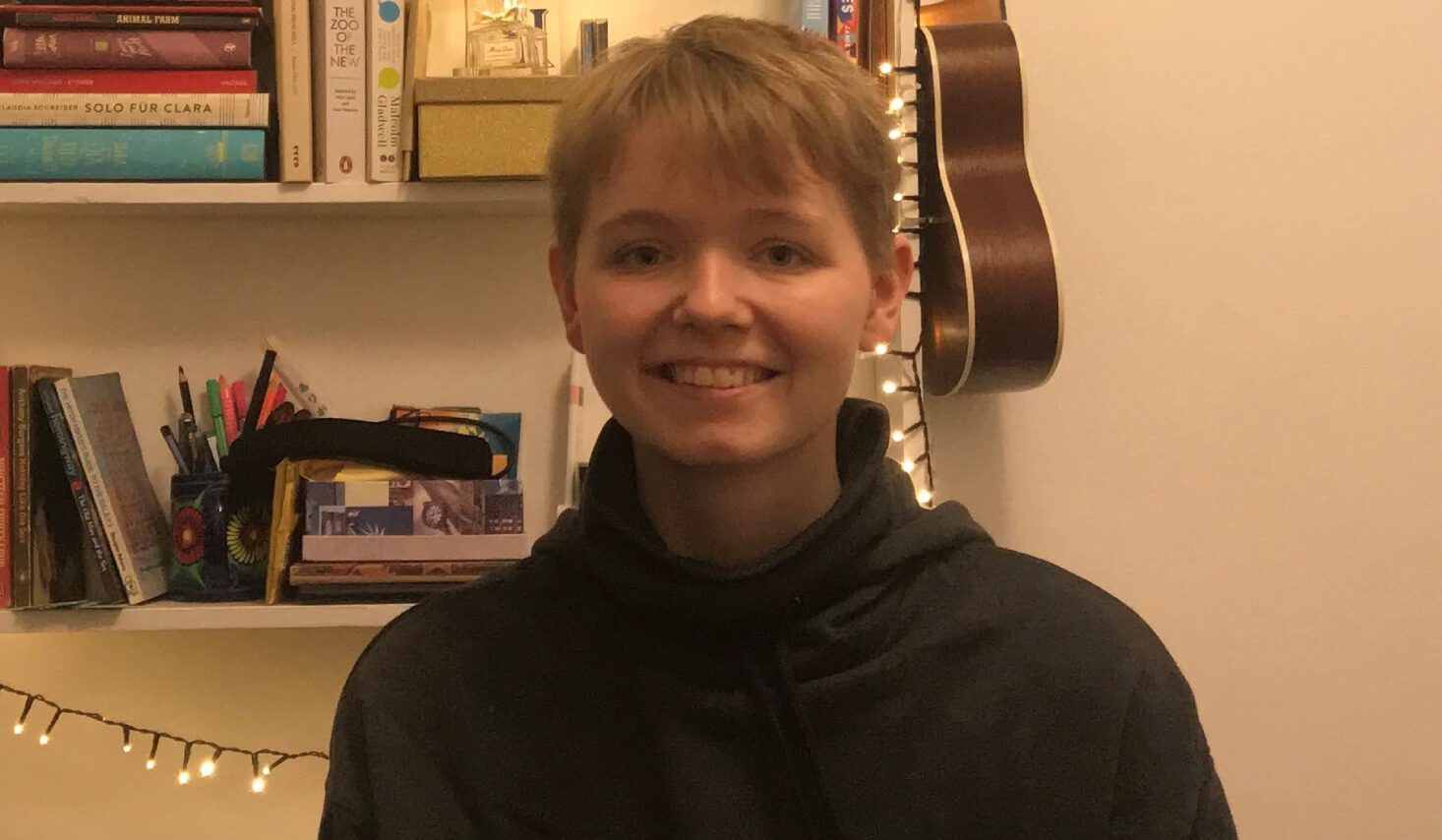
Even when I first learned about identity, I couldn’t connect to it. The definition was vague and unclear: “someone who feels little to no sexual attraction”. How I could I relate to that when I wasn’t sure I knew what sexual attraction was? It was also (falsely) talked about as people who don’t want sex. I don’t want sex. But I really wanted to want sex.
Seeing asexuality represented, and represented well would have made me grow up feeling a lot less lost.
I thought I was wrong or somehow already failed at being human. I still hoped to wake up one day, a new me, someone who has crushes, who wants to have sex and who understands this world we’re in.
Every piece of media I consumed, every book, every movie, every song, was either completely focused around a romantic/sexual relationship, or had them in the background. There was never someone who didn’t want that without it being a big deal. Worse, characters who weren’t as outrightly sexually or romantically inclined were depicted as completely emotionless and robotic.
Seeing asexuality represented, and represented well would have made me grow up a lot less lost.
It was only last year after Asexual Awareness Week that everything became really clear for me. My social media was full of content regarding asexuality – and I realised it was all just a little bit too relatable to push away anymore. It made me rethink all the crushes I thought I must have had, why someone having a crush on me filled me with such dread and so on.
And it made me feel a little more OK with maybe being this, and it made me a little sad about the long journey it had taken for me to get there.
I recently read Alice Oseman’s Loveless. We follow the main character on her journey to realising she is aro-ace, and coming to terms with that. I read the 450 pages in half a day – unprepared for just how validated it would make me feel.
And thankfully I know now that asexuality is normal. I forget sometimes, too (it’s very easy to forget), but it is. And there are so many ways to be asexual – there’s not a universal experience for all asexual people, it’s a very broad spectrum. We need more representation that mirrors that.
Through Just Like Us, the LGBTQ+ young people’s charity, I get to be part of creating that positive representation. As ambassadors, we go into schools and talk about who we are, how we grew up in our LGBT+ identities, and what would’ve helped us. We get to put faces to definitions, and be to others what we so desperately needed when we grew up.
Monty is part of Just Like Us’ Ambassador Programme for LGBTQ+ 18 to 25 year olds – sign up now to get involved.
